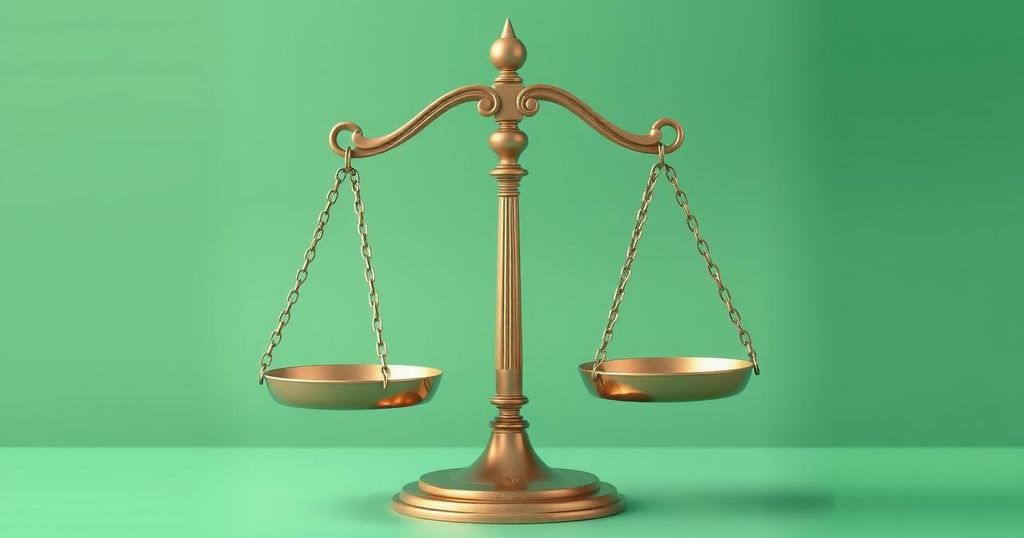Stable Naira and Lower Fuel Prices Contribute to Easing Inflation in Nigeria
Nigeria’s inflation has decreased for the first time in 2025, falling to 23.18% in February as a result of a Consumer Price Index rebase, reduced fuel costs, and a stable naira. Diesel prices dropped 33% thanks to increased output from the Dangote Refinery. Analysts warn of possible inflation surges by April, while the Monetary Policy Committee maintained interest rates at 27.5%.
Nigeria has experienced a noteworthy decline in inflation for the first time in 2025, with rates dropping to 23.18% in February from 24.48% in January, as reported by the National Bureau of Statistics. This decrease can be attributed to several factors, including a rebase of the Consumer Price Index (CPI), decreased fuel costs, and a stable naira.
Significantly, diesel prices have plummeted by 33% due to increased output from the Dangote Refinery, while petrol prices remained largely unchanged. Food inflation also witnessed a slight decline, recorded at 23.51%, down from January’s 24.08%.
Despite this temporary respite, analysts caution that inflation may rise again by April, influenced by global economic dynamics. Furthermore, the nation’s Monetary Policy Committee opted to maintain interest rates at 27.5%, following their assessment of recent macroeconomic conditions.
While the current trends present some hope for economic stability, the potential for inflationary pressures necessitates close observation and analysis.
In summary, Nigeria’s inflation rate has improved for the first time in 2025, reduced by lower fuel prices and a stable naira. While there has been a slight easing in food inflation, experts remain vigilant regarding potential increases in inflation due to external economic factors. The government’s decision to hold the interest rate steady reflects its response to these challenges.
Original Source: www.africa.com




Post Comment